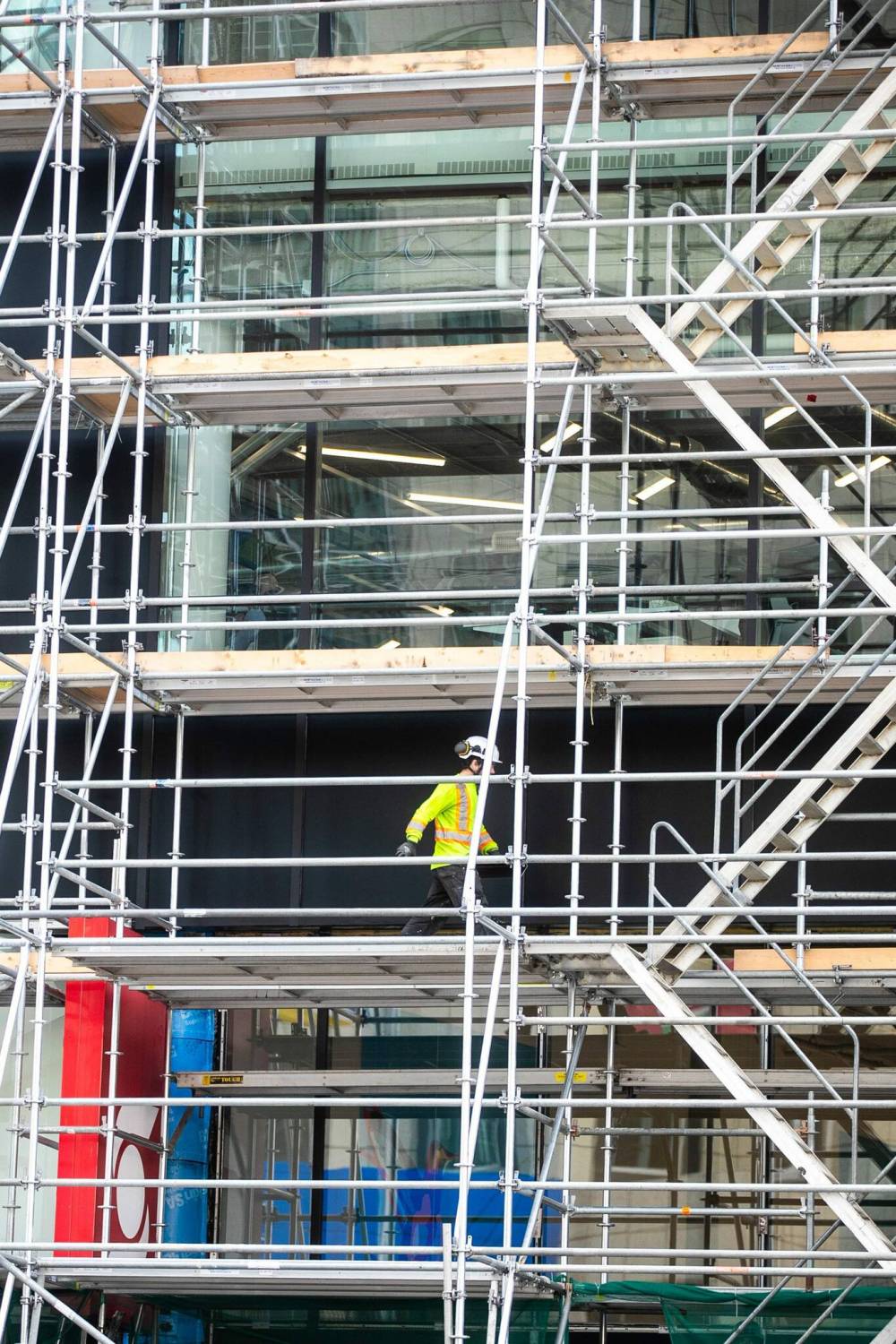Finding way forward for Canadian youth
Advertisement
Read this article for free:
or
Already have an account? Log in here »
To continue reading, please subscribe:
Monthly Digital Subscription
$1 per week for 24 weeks*
- Enjoy unlimited reading on winnipegfreepress.com
- Read the E-Edition, our digital replica newspaper
- Access News Break, our award-winning app
- Play interactive puzzles
*Billed as $4.00 plus GST every four weeks. After 24 weeks, price increases to the regular rate of $19.00 plus GST every four weeks. Offer available to new and qualified returning subscribers only. Cancel any time.
Monthly Digital Subscription
$4.75/week*
- Enjoy unlimited reading on winnipegfreepress.com
- Read the E-Edition, our digital replica newspaper
- Access News Break, our award-winning app
- Play interactive puzzles
*Billed as $19 plus GST every four weeks. Cancel any time.
To continue reading, please subscribe:
Add Free Press access to your Brandon Sun subscription for only an additional
$1 for the first 4 weeks*
*Your next subscription payment will increase by $1.00 and you will be charged $16.99 plus GST for four weeks. After four weeks, your payment will increase to $23.99 plus GST every four weeks.
Read unlimited articles for free today:
or
Already have an account? Log in here »
It’s tough out there for a young Canadian looking for work.
That’s the picture painted by recent Statistics Canada data, which shows unemployment for youth aged 15 to 24 increased to 14.7 per cent in September. On top of that are other problems; 18.2 per cent of young people with a post-secondary degree are not working in the field for which they trained, a small (1.6 per cent) increase over last year — indicative of a slowly growing divide between the education people are seeking and what the market needs and desires from its workers.
The numbers are similar to what national charity The King’s Trust Canada discovered in a report released in November of last year, which found Canadians aged 15 to 24 were disproportionately among the ranks of the unemployed. Unemployment for youth was at 14.2 per cent in July last year, the highest in a decade.

MIKAELA MACKENZIE / FREE PRESs fileS
Construction on the 200 block of Portage Avenue.
Federal Liberals and Conservatives are clashing over what to do about it.
Conservatives see it as a problem of education, and have a proposal that boosts educational supports for in-demand sectors. It also includes allowing some businesses to write off the cost of building employee homes. Well-intended though that may seem, it sounds a lot like paving the road to a resurgence of “company towns,” with all the opportunity for abuse of employer power they represent.
However, Jobs Minister Patty Hajdu seems short on answers to the problem. The Liberals have pumped some more funding into the Canada Student Financial Assistance Program, but if students’ educations aren’t matching up with the needs of the market, it won’t help much in terms of filling jobs to make it slightly easier for some youth to receive those educations (not that it ever hurts to have one).
The federal Conservatives have part of the answer: encourage education in sectors which really need it. Conservative MP Garnett Genuis has noted that speedier international credential recognition will allow newcomers to move into the fields for which they are educated, so that they don’t have to take an entry-level job in the meantime. Both good ideas.
The current Liberal government also has part of the answer to this dearth of jobs in its leader; Prime Minister Mark Carney’s vision to embrace “nation-building projects.”
Canada has a myriad of great needs. It needs housing. It needs infrastructure and power sources which point to a greener future. It needs upgrades to facilities such as Churchill’s port, to make the most of Canada’s resources and international market competitiveness.
And it needs a lot of hands to do the work.
So, let’s take a page from the Conservatives’ proposal and start incentivizing education in these fields — not just top-level engineering and climate science jobs, but the sort of hands-on construction work, from carpentry to plumbing to electrical wiring, which thousands will have to know in order to tackle those projects the right way.
But don’t throw private companies a tax break to build their own employee housing — pay the youth to build the affordable homes and apartments which so many people in Canada need, as part of a government-led housing program.
Make giving people meaningful, well-compensated work to do part of this effort at nation-building.
And in the process, perhaps we can lift some of the growing youth discouragement in what they see as their current lot in life. Many feel they will never be able to afford a home, make enough income to raise a family or have any sort of solid future. Let’s give build some hope.
A Canada where youth are trained and encouraged to help physically build a better country, including having a place to live in it after the work is done.
Imagine that.


